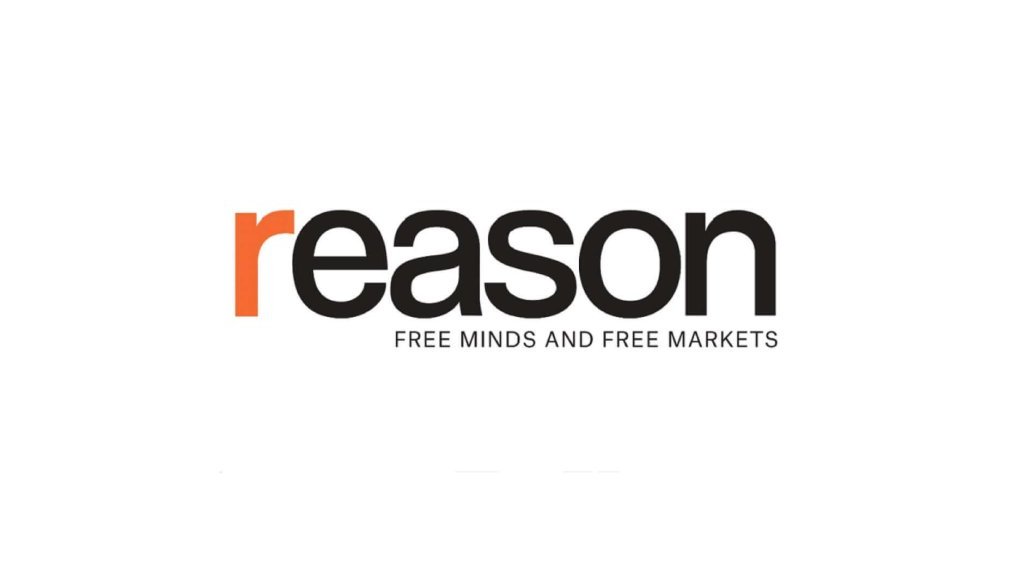Tariffs Helped Wreck the Economy in the 1930s. Why Is Trump Making the Same Mistake?
History may not perfectly repeat itself, but it often rhymes. Two protectionist episodes—the infamous Smoot-Hawley Tariff Act of 1930 and the Trump-era tariffs of today—offer a striking example. Both emerged from economic nostalgia and fear of change. Both were politically attractive. And both were costly, backward-looking mistakes that undermined the economies they were meant to protect.
Smoot-Hawley was conceived in an America uneasy about economic transformation. In the 1920s, while the economy was otherwise booming, farmers were in crisis. Crop prices had collapsed and rural debt soared. About one-quarter of the labor force still worked in agriculture, down from one-half a few decades before. Many Americans longed for an earlier era when agriculture was dominant and prosperous.
Foreign competition was the scapegoat. Politicians seized on this frustration. Promising protection from cheap imports was an easy way to win votes. The result was a tariff that raised duties on more than 20,000 goods by an average of about 20 percent.
Smoot-Hawley’s intent was to reduce imports and raise domestic prices, especially for farmers. But the plan backfired quickly. U.S. trading partners retaliated as Canada, Mexico, Cuba, Britain, France, and others imposed their own tariffs. Exports plummeted, imports became more expensive, and global economic conditions deteriorated.
The timing couldn’t have been worse. The Great Depression had begun and the stock market, which had been slowly recovering from the 1929 crash, dropped again when t
Article from Reason.com

The Reason Magazine website is a go-to destination for libertarians seeking cogent analysis, investigative reporting, and thought-provoking commentary. Championing the principles of individual freedom, limited government, and free markets, the site offers a diverse range of articles, videos, and podcasts that challenge conventional wisdom and advocate for libertarian solutions. Whether you’re interested in politics, culture, or technology, Reason provides a unique lens that prioritizes liberty and rational discourse. It’s an essential resource for those who value critical thinking and nuanced debate in the pursuit of a freer society.



